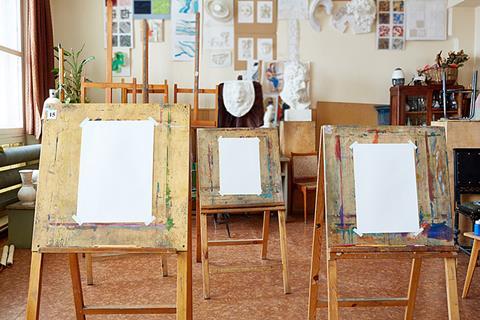Some common reasons why teachers might avoid project work.

There isn’t enough time
Time is always an issue in the classroom. We never seem to have enough and there are so many other things to do. But a lot of work on projects can be done outside classroom time. Homework is often done quickly or badly if students are not motivated. If your students are interested in the project and want the final presentation of their ideas to be good, they will spend more time outside the classroom on it.
Class time will not be wasted on projects as the work the children are doing is very valuable for their language development. They are using English to be creative and communicative and often stretch themselves to try to produce an excellent end result.
Children speak a lot in their mother tongue
Of course they will use a certain amount of their own language especially if they are lower level, but they are thinking about English and their final presentation of the project will be in English.
You can equip children with the classroom language they need for projects and encourage them to use it by putting it up around the class so they can refer to it. E.g. ‘Where are the scissors?’ 'Shall we put this here?’
It can get very noisy
Set rules before doing the project work and make it clear to the students that excess noise is not allowed. Have good signals for getting children to stop talking and pay attention to you. For example, stand in the centre of the room with your hands in the air and wave. As the children notice you they must do the same until everyone is standing quietly waving looking at you. It’s much better than shouting and once the children get into the routine, it is a quick and effective way of quietening down the room.
We can easily tell what is good noise and what is excess noise and we should encourage our students to tell the difference too.
It’s hard to plan what children need to do a project successfully
Try using a grid like this to analyze what you need before the project. It can also be a good way of assessing the project for yourself after it is done to help you be better prepared next time.
|
Task
|
Resources needed
|
Language functions
|
Language structures
|
Lexical sets
|
Language skills
|
|
|
Teacher doesn’t know what skills are being practised
Try this grid to analyze the project, again, before and after. It can help you see the value of the project and you can better explain it to the parents and your colleagues, too.
|
Task
|
Intellectual skills
|
Motor skills
|
Social skills
|
Learner Independence skills
|
Emotional / personal development outcomes
|
|
|
Teaching Projects

Projects can help students to make their own choices about what they learn, involving different skills and promoting creativity.
- 1
 Currently
reading
Currently
reading
Avoiding projects
- 3








No comments yet